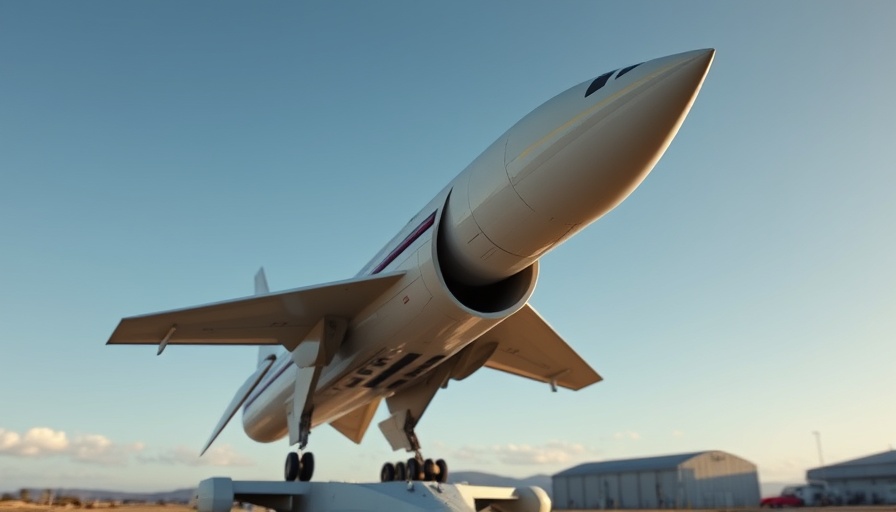
The Rising Tide of U.S. Arms Production
In a world increasingly fraught with geopolitical tension, the demand for military equipment, especially advanced missile systems, continues to surge. U.S. weapons manufacturers are experiencing an unprecedented boom, driven in part by the West's relentless need for military preparedness.
Understanding the Global Landscape
The landscape of international conflict has dramatically shifted, with nations ramping up their military arsenals to deter potential adversaries. Countries across Europe, particularly in light of recent discussions around NATO’s collective defense strategy, are investing heavily in missile technology and defense systems. This spike in spending not only boosts the economies of these nations but also creates a ripple effect of demand for U.S. defense contractors.
Impact on U.S. Defense Contractors
U.S. weapons manufacturers like Lockheed Martin and Raytheon are at the forefront of this growth. The Defense Department's budget requests are expected to reflect a heightened expenditure on advanced missiles and other technologies critical to modern warfare. The increased investment is a clear indicator of the shifting focus towards ensuring military readiness in an unpredictable global environment.
Economic Implications and Future Trends
The economic impacts are significant. As more countries place orders for missiles, U.S. defense firms stand to gain immensely—potentially translating to job growth in manufacturing and skilled labor sectors. The intertwining of military needs with economic growth opens up discussions about the viability of the defense industry as a pillar for long-term economic strategies.
Social and Ethical Considerations
Despite the economic benefits, the social implications of a booming arms industry warrant a critical examination. The ethical dimensions of weapon proliferation raise important questions. Is it wise to funnel vast resources into military expenditures when pressing domestic issues continue to unfold? Is there a balance to be struck between safety and the potential for escalating conflicts? These concerns echo in communities across the nation, where the focus on defense can clash with calls for social investment.
Conclusion: The Path Forward
The insatiable demand for missiles and other military technologies may appear advantageous for U.S. defense contractors, but it comes with complex considerations that require careful navigation. Policymakers, industry leaders, and citizens must engage in an ongoing dialogue about the direction of military spending and its repercussions. As we move into an era where military technology intersects with economic growth, this balance will be pivotal for ensuring a secure and prosperous future.
 Add Row
Add Row  Add
Add 




Write A Comment